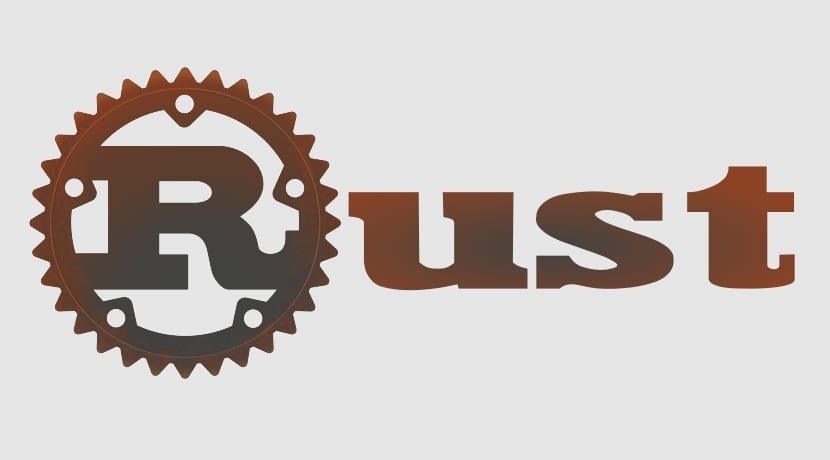
Rust or rust-lang It is a fairly modern and open source programming language, as well as being cross-platform, fast and designed to replace C and C ++. It was created by Mozilla and has high-level abstraction to please those coming from C # and Java as well. And this is not all, we can see many interesting features that do not appear in other programming languages, such as zero cost abastractions, movement sematics, guaranteed memory security, reduced execution time, etc.
Rust is used by some greats like Canonical, CoreOS, Coursera, Dropbox, and of course Mozilla itself. Being multiplatform we have it available for GNU / Linux and in this article we are going to show you step by step and in a simple way how to install it on your preferred distro. If you want to know more details about Rust, you can access the Official site where you will find a number of manuals and documentation about it… The first thing to do to install Rust is to download the necessary package in our distro, for this we are going to use curl:
curl https://sh.rustup.rs -sSf | sh
With this we access the site and execute the script. A series of options will open to us in our terminal and we must answer appropriately. You should press 1 to continue with the installation with the defaults, which is the best practice for most. If you are an expert, you can use 2 to customize the installation ...
After that, it will output a series of information about the installation, and once it is finished we will be able to configure our shell current to start working:
source $HOME/.cargo/env
And we can start using it. For example, if you want see the version that you just installed and check that everything is OK:
rustc --version
From here you can start with your projects in Rust. I hope I have helped you or at least make you know this language if you did not know it yet ...
hello could you help me how can I set rust in the PATH environment variable permanently I use ubuntu